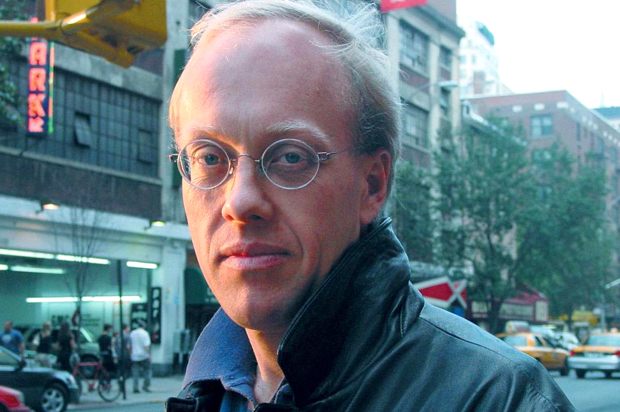
On June 4, 2015, Elias Isquith writes on Salon:
In recent years, there’s been a small genre of left-of-center journalism that, followingPresident Obama’s lead, endeavors to prove that things on Planet Earth are not just going well, but have, in fact, never been better. This is an inherently subjective claim, of course; it requires that one buy into the idea of human progress, for one thing. But no matter how it was framed, there’s at least one celebrated leftist activist, author and journalist who’d disagree: Chris Hedges.
In fact, in his latest book, “Wages of Rebellion: The Moral Imperative of Revolt,” Hedges argues that the world is currently at a crisis point the likes of which we’ve never really seen. There are similarities between our time and the era of the 1848 revolutions throughout Europe — or the French Revolutionary era that preceded them — he says. But in many ways, climate change least among them, the stakes this time are much higher. According to Hedges, a revolution is coming; we just don’t yet know when, where, how — or on whose behalf.
Recently, Salon spoke over the phone with Hedges to discuss his book, why he thinks our world is in for some massive disruptions, and why we need revolutionaries now more than ever. A transcript of our conversation which has been edited for clarity and length can be found below.
Do you think we are in a revolutionary era now? Or is it more something on the horizon?
It’s with us already, but with this caveat: it is what Gramsci calls interregnum, this period where the ideas that buttress the old ruling elite no longer hold sway, but we haven’t articulated something to take its place.
That’s what that essay I quote by Alexander Berkman, “The Invisible Revolution,” talks about. He likens it to a pot that’s beginning to boil. So it’s already taking place, although it’s subterranean. And the facade of power — both the physical facade of power and the ideological facade of power — appears to remain intact. But it has less and less credibility.
There are all sorts of neutral indicators that show that. Low voter turnout, the fact that Congress has an approval rating of 7 percent, that polls continually reflect a kind of pessimism about where we are going, that many of the major systems that have been set in place — especially in terms of internal security — have no popularity at all.
All of these are indicators that something is seriously wrong, that the government is no longer responding to the most basic concerns, needs, and rights of the citizenry. That is [true for the] left and right. But what’s going to take it’s place, that has not been articulated. Yes, we are in a revolutionary moment; but maybe it’s a better way to describe it as a revolutionary process.
Is there a revolutionary consciousness building in America?
Well, it is definitely building. But until there is an ideological framework that large numbers of people embrace to challenge the old ideological framework, nothing is going to happen. Some things can happen; you can have sporadic uprisings as you had in Ferguson or you had in Baltimore. But until they are infused with that kind of political vision, they are reactive, in essence.


We are in danger of being ovwemhelred with irredeemable paper, mere paper, representing not gold nor silver; no sir, representing nothing but broken promises, bad faith, bankrupt corporations, cheated creditors and a ruined people. − Daniel Webster, speech in the American Senate, 1833.